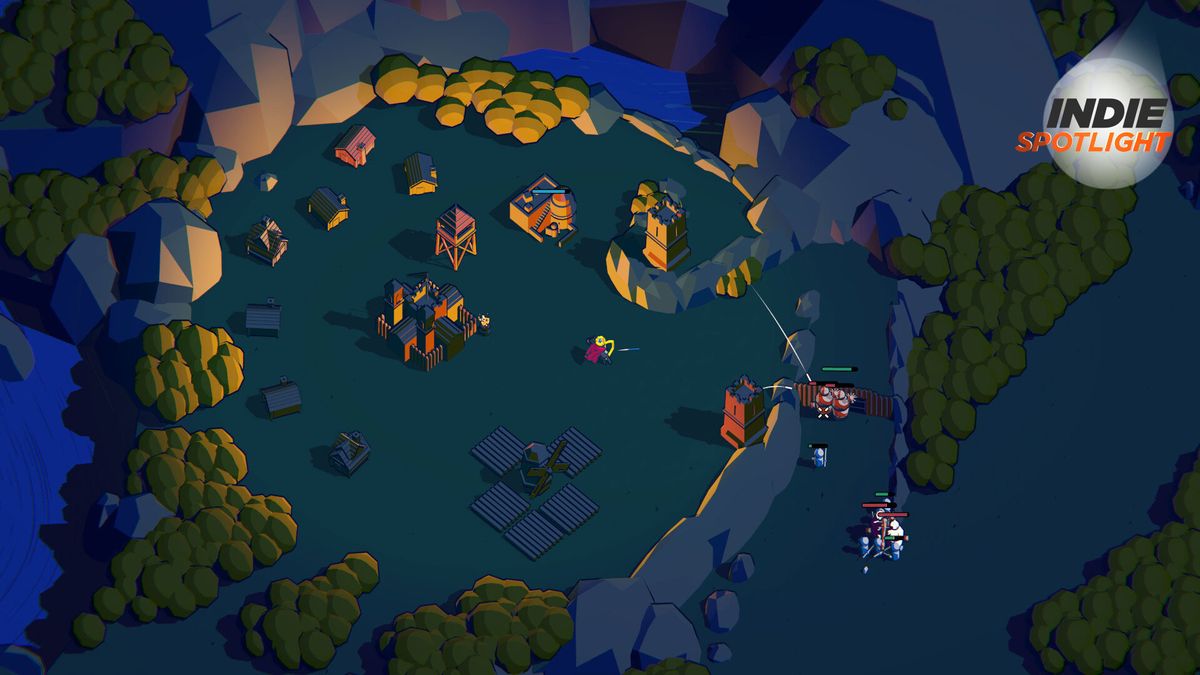
I am a turtler, at heart. The kind of player who prefers to hide behind a big stone wall and let archers and guard towers do the work in the best RTS games. Nothing gives me more satisfaction than to set a city going, and let wave after wave of enemy soldiers dash themselves against my defenses. So Thronefall, a strategy game that puts the focus on tower defense while still giving me enough control for the strategy to feel 'real-time', seems like it might be my new favorite entry in the genre.
As any medieval strategy game will teach you, as a leader, it's up to you to build your kingdom to prosperity, and then defend it from those who would like to take that prosperity away from you. Thronefall is no exception - you'll spend the first few minutes of each campaign setting up a combination of economy and defense; houses and mills provide valuable income, while guard towers take shots at any enemies that come too close.

As your civilization progresses - with city walls, rolling fields, and barracks to train soldiers - so too do the threats you face. But here's where Thronefall puts its two-pronged spin on things; first, enemies only come in waves, and only at night, so you'll be able to plan for their arrival. If it's a weak force, you might be free to focus on economy for a turn. If they're coming from the West, you can move your soldiers away from the East.
Second, Thronefall takes away much of your decision-making. That might sound like a downside, but it turns each fight into a puzzle-solving activity, rather than a contest decided by brute force. Every building you can use to strengthen your kingdom is assigned to a specific spot, and more sites become available to you as you upgrade your central castle, which must be defended at all costs. As you build and upgrade houses and mills, you get more money to bolster your city walls, or turn guard towers from simple wooden affairs into massive, ballista-firing monoliths.

It's a system that makes for surprising depth. On some maps, I've found that economy is key, using a steadily increasing pot of money to build impenetrable blockades in front of my opponents. On others, I've been forced to use my King as bait, drawing enemy soldiers away from areas of value. Each decision has weight, and finding the right place to use every single piece of gold could mean the difference between success and failure. Fallen soldiers and destroyed buildings will be rebuilt at the end of every wave, making the cost of a close-fought victory feel slightly less pyrrhic, but you'll lose income and take a hit to progression for every building that falls.
Real (good) time

The ability to rebound from the jaws of defeat lends itself to Thronefall's other twist. The tightly-bound puzzle format means that there's only a handful of maps to playthrough; instead of conquering a sprawling empire, the aim is to perfect your protection of a more tightly-knit kingdom. Different weapons allow your King to wade into the front lines, or fire from afar to kite enemies more effectively. Different perks might allow you to take a more economical approach, or turtle behind walls and towers that deal bonus damage. Further mutations grant enemies more speed or damage, but grant way more XP if you can overcome them all.
Each run grants points that unlock new perks, offering Thronefall a level of replayability that its minimalist map provision belies. More points means more unlocks, offering entirely different ways to play, and a leaderboard system will have you playing against yourself and your friends in an attempt to secure the highest score possible.
Sign up to the 12DOVE Newsletter
Weekly digests, tales from the communities you love, and more
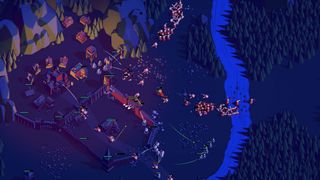
Not quite RTS, not quite tower defense, Thronefall has quickly become the most dynamic and entertaining example of either genre that I've played in a long time. That's not to put the complexity of games like Age of Empires 4 to shame, but more to highlight the success that has long been found at the boundaries of the strategy genre. I'm reminded of games like Bad North and They Are Billions - projects that spun out of a relative dearth of big-budget real-time strategy in the 2010s, but focused on particular ideas rather than an emulation of the entire genre. Speed and simplicity drew me to those games, just as with Thronefall, but with all of them, it's the impressive depth you find below the surface that keeps me coming back.
Thronefall is out now on PC via Steam in Early Access. Find out what other hidden gems are heading our way soon with our upcoming indie games list.

I'm GamesRadar's news editor, working with the team to deliver breaking news from across the industry. I started my journalistic career while getting my degree in English Literature at the University of Warwick, where I also worked as Games Editor on the student newspaper, The Boar. Since then, I've run the news sections at PCGamesN and Kotaku UK, and also regularly contributed to PC Gamer. As you might be able to tell, PC is my platform of choice, so you can regularly find me playing League of Legends or Steam's latest indie hit.
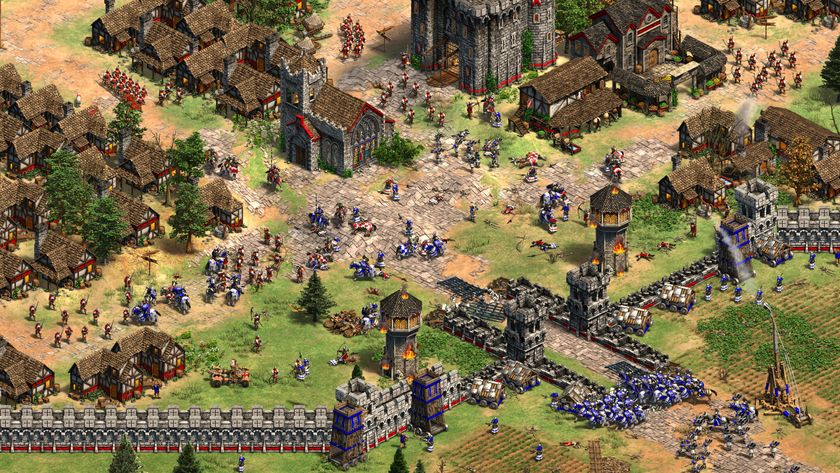


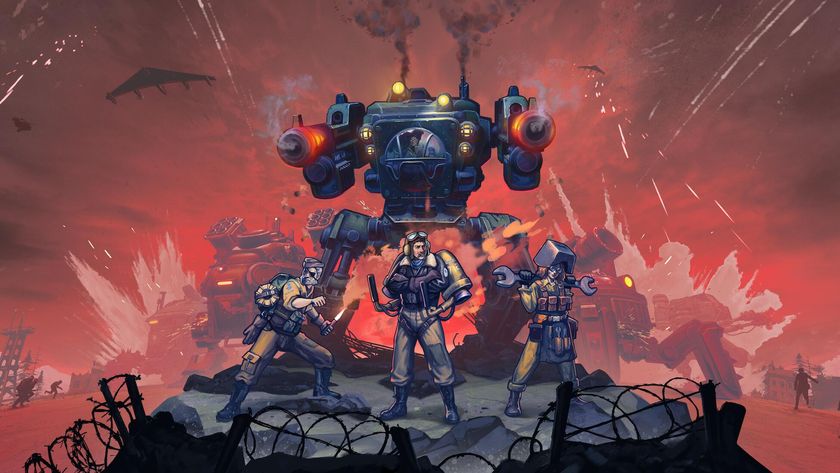
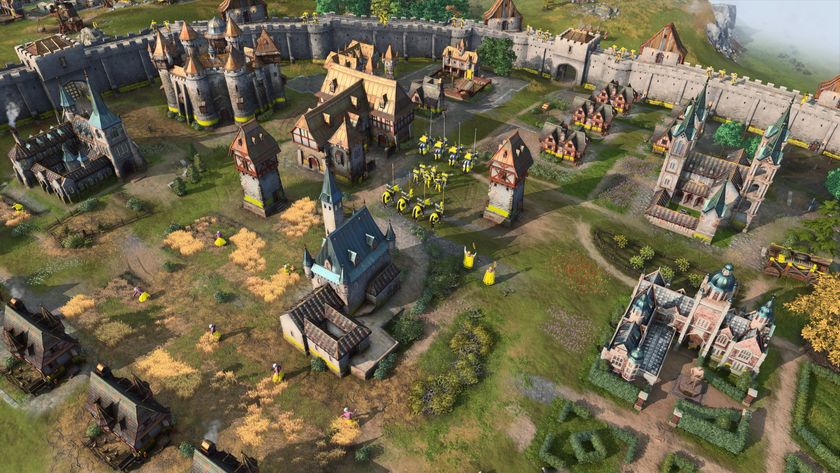
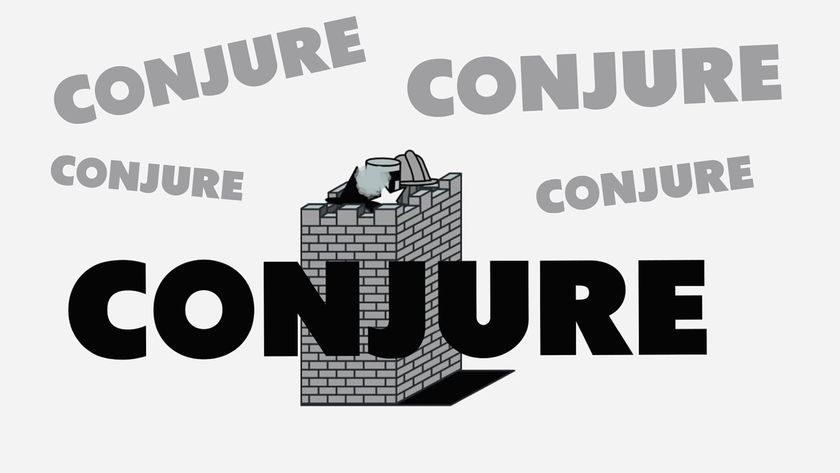


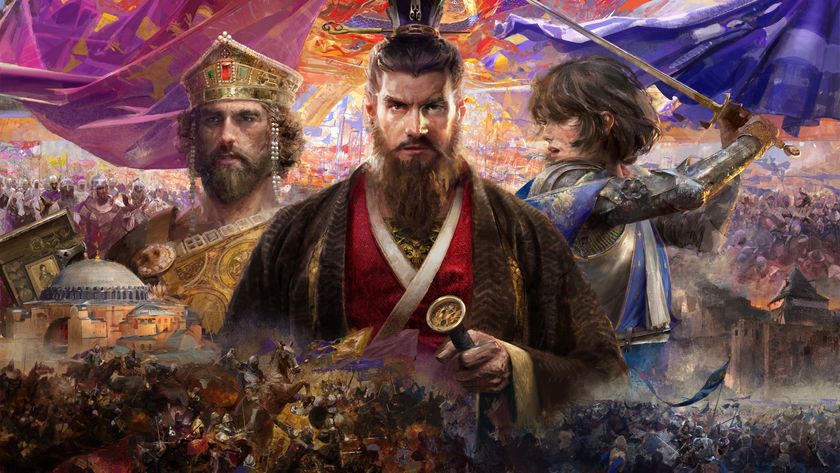
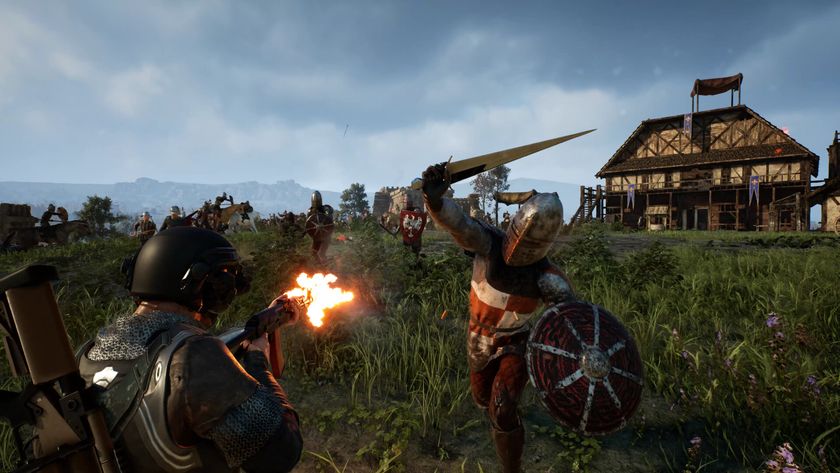



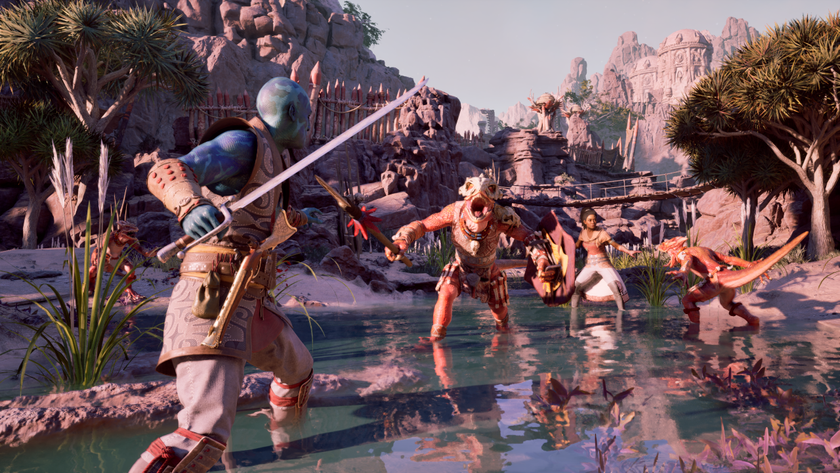


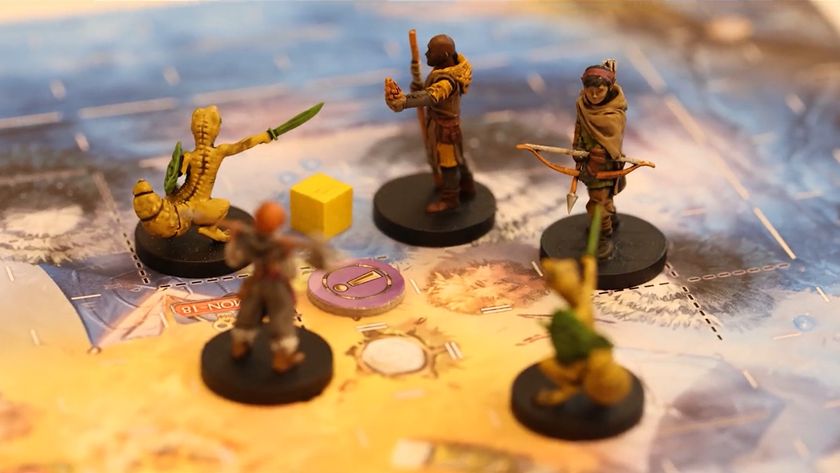


This roguelike strategy game puts you in charge of a dieselpunk alt-WW2 mech squad, and its Steam Next Fest demo is wonderfully bite-sized

EA is "releasing the fully recovered source code" for 4 classic Command & Conquer titles, and it's the best thing a major publisher can do for game preservation




